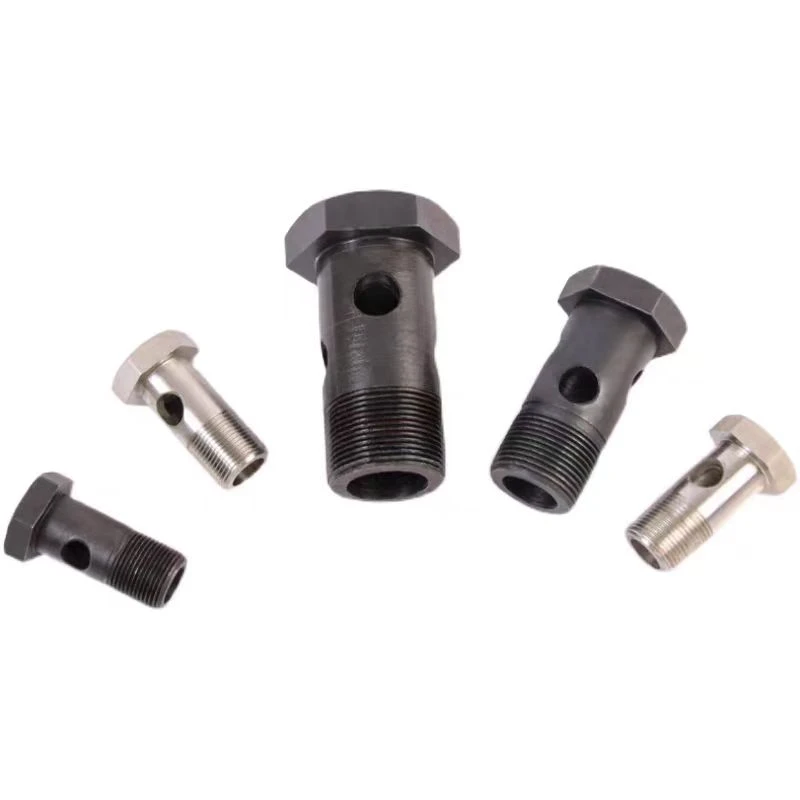

fastener types
11월 . 02, 2024 06:21 Back to list
fastener types
Understanding Fastener Types A Comprehensive Guide
Fasteners are essential components in various industries, playing a critical role in the assembly and construction of mechanical systems and structures. The choice of fastener types can significantly impact the performance, durability, and safety of products. This article will explore the most common types of fasteners, their applications, and key considerations when selecting the appropriate fastener for a project.
1. Bolts
Bolts are versatile fasteners that are typically used in conjunction with nuts. They consist of a cylindrical shaft with a head at one end and are designed to be inserted through materials and secured with a nut on the opposite side. Common types of bolts include hex bolts, carriage bolts, and eye bolts, each suited for different applications. They are often used in heavy-duty constructions, machinery assembly, and structural applications due to their strength and reliability.
2. Nuts
Nuts are designed to be paired with bolts and are crucial for secure fastening. Available in various shapes and sizes—such as hex nuts, lock nuts, and wing nuts—they provide the necessary grip and stabilization to hold components together. Lock nuts, for example, are used in applications where vibration might cause standard nuts to loosen over time.
3. Screws
fastener types

Screws are another popular type of fastener, characterized by a helical ridge known as a thread. They are typically used for joining materials by being driven directly into them without the need for a nut. Wood screws, machine screws, and self-tapping screws are some of the most common variations. Screws offer excellent holding power and can be used for a wide range of applications, from woodworking to metalworking.
4. Rivets
Rivets are permanent fasteners that are ideal for applications requiring a strong, unyielding bond. They consist of a smooth cylindrical shaft and a head, which is deformed to secure the rivet in place after being inserted into pre-drilled holes. Rivets are frequently used in structural applications, such as bridges and aircraft, where a reliable connection is paramount.
5. Anchors
Anchors are used to fix fasteners in concrete or masonry materials. They come in various types, including expansion anchors, wedge anchors, and chemical anchors, each suited for different load-bearing requirements. Proper selection and installation of anchors are crucial for ensuring safety and stability in construction projects.
Conclusion
Choosing the right fastener is critical to the integrity of any construction or assembly project. The diverse range of fastener types available allows for tailored solutions catering to specific applications and materials. Understanding the strengths and limitations of each type can help engineers and builders make informed decisions, ultimately leading to successful and reliable outcomes.
Latest news
-
Hot Dip Galvanized Bolts-About LongZe|High Strength, Corrosion Resistance
NewsJul.30,2025
-
High-Strength Hot Dip Galvanized Bolts - Hebei Longze | Corrosion Resistance, Customization
NewsJul.30,2025
-
Hot Dip Galvanized Bolts-Hebei Longze|Corrosion Resistance&High Strength
NewsJul.30,2025
-
High-Strength Hot-Dip Galvanized Bolts-Hebei Longze|Corrosion Resistance&High Strength
NewsJul.30,2025
-
Hot Dip Galvanized Bolts-Hebei Longze|Corrosion Resistance&High Strength
NewsJul.30,2025
-
Hot Dip Galvanized Bolts - Hebei Longze | Corrosion Resistance, High Strength
NewsJul.30,2025

